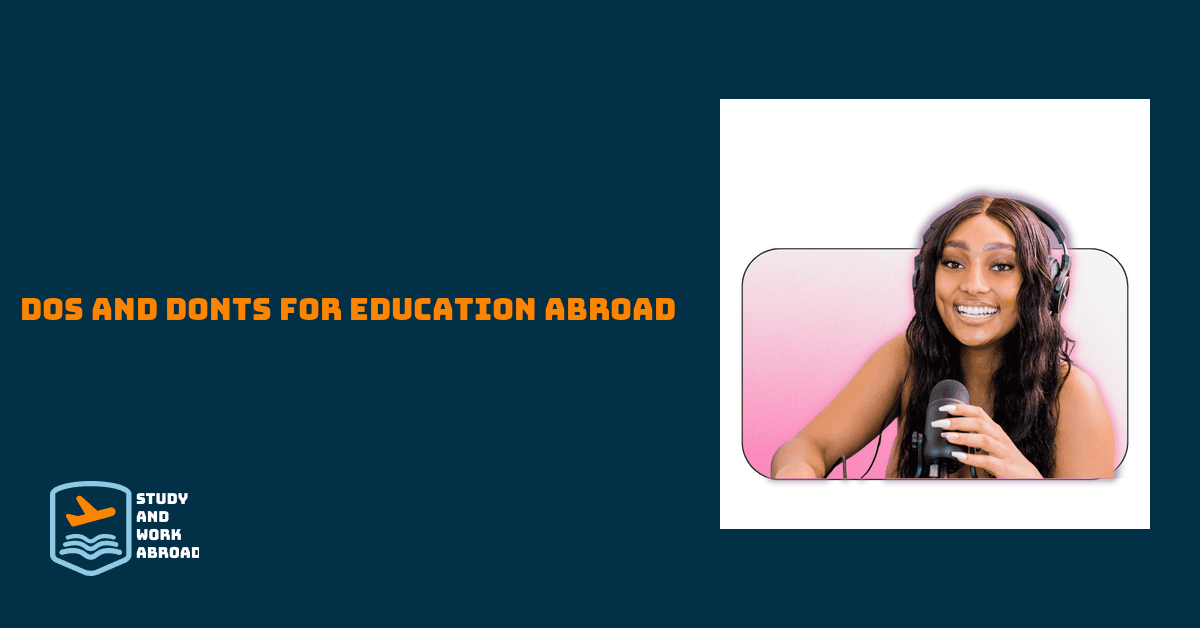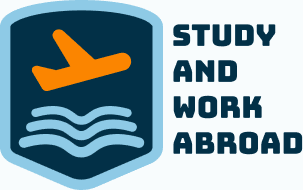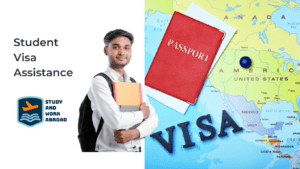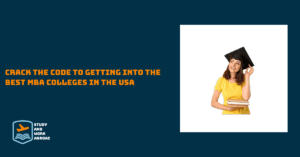Call Us:+91-9920234749 info@studyandworkabroad.in

Do’s and don’ts for education abroad
Every year, numerous students decide to travel a foreign country for achieving higher education. The majority of the students choose a European or a North American country for their studies, as one of the best institutions of the world are scattered in these continents. This trend of migration is also prevalent in Asian countries, where students move to the US, the UK, Australia or New Zealand.
The idea of studying abroad is both fulfilling and thrilling. It also comes with its challenges which the travellers have to face. Settling down in a new society is often the biggest hurdle, apart from mingling with new people and adapting to the culture. The transition is initially difficult, but it must be done with patience, here is where overseas education consultants can come to your aid. Following are the do’s and don’ts of studying abroad which the students must consider before moving to a new country.
Do:
Gather useful information about the destination
A new society has its own sets of customs and rituals. You must know them beforehand as you settle into the community. Keep in mind the cultural attire, etiquette, the usual climate and the popular food. Preparing yourself for the experience will ease the pressure of acclimatising.
Divide your time efficiently
Diversion from studies is very easy when you are travelling abroad. It is imperative to prioritise studies before fun as they will lay the foundations for your success. Organise your life properly, so you have enough time for exploring the city after you complete your studies.
Have a clear budget
Studying abroad is an expensive prospect. To keep your expenses in track, keep a check on your financial activities and monitor them. Avoid spending money on things which are anything but necessities, until you start earning well. Efficient use of money is very important to survive abroad.
Note down your experiences
Write down your memorable experiences from your stay in a foreign country, as it will help you pass time when you are alone and will help you cherish them whenever you go through them. Also, you will get enough stories to share with close ones after returning back to your home country.
Don’t:
Trust someone easily
Living in a foreign place will make you vulnerable, which is why you must surround yourself with people you trust. Keep a decent distance with people and decide if they are helpful. Once you get to know them, seek their assistance for adapting into the environment.
Leave your important documents unguarded
You cannot afford to lose important documents in a place, the legal methods of which are unknown to you. Keep your documents in one place, so you will remember where they are. Pack your stuff well before the departure so as to reduce the possibility of any mishaps.
Pack your suitcase without planning
Stuff your suitcase only the things which are either too expensive, or not to be found in the country you will be travelling to. Be selective while packing and involve your parents in this task as their advice will be useful.


